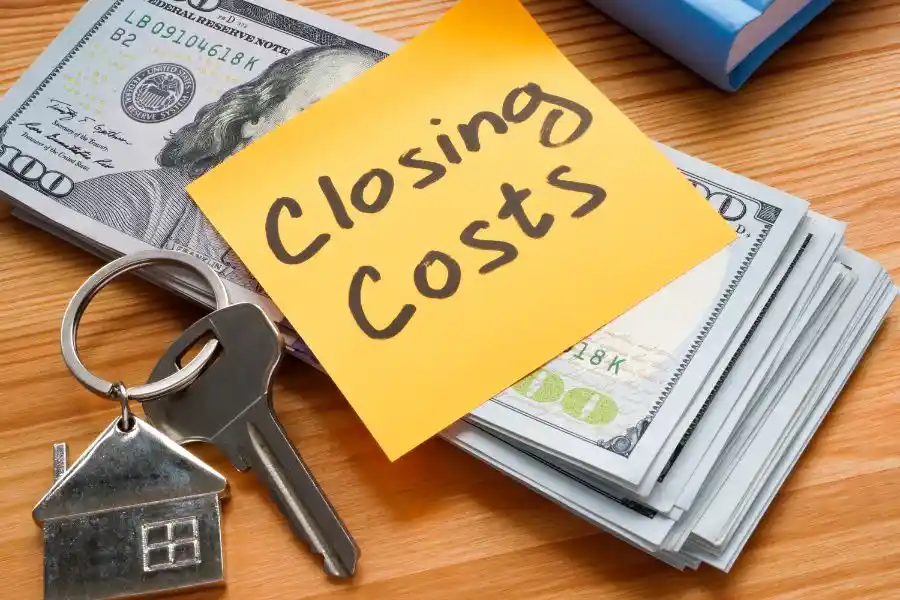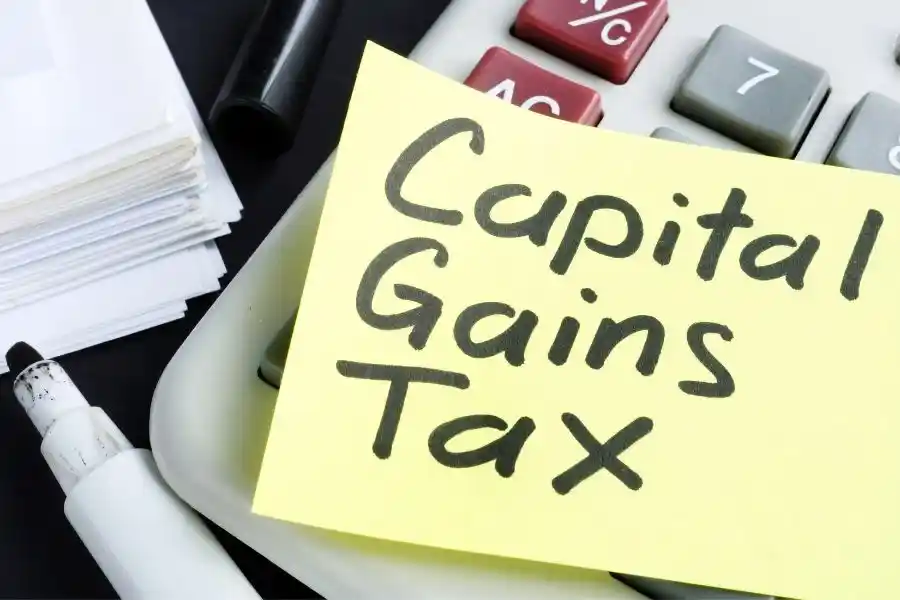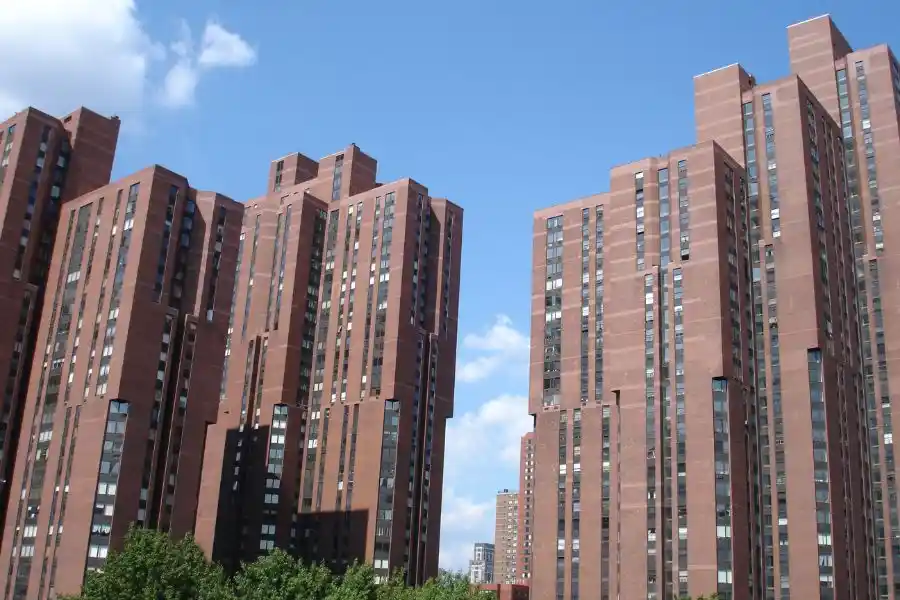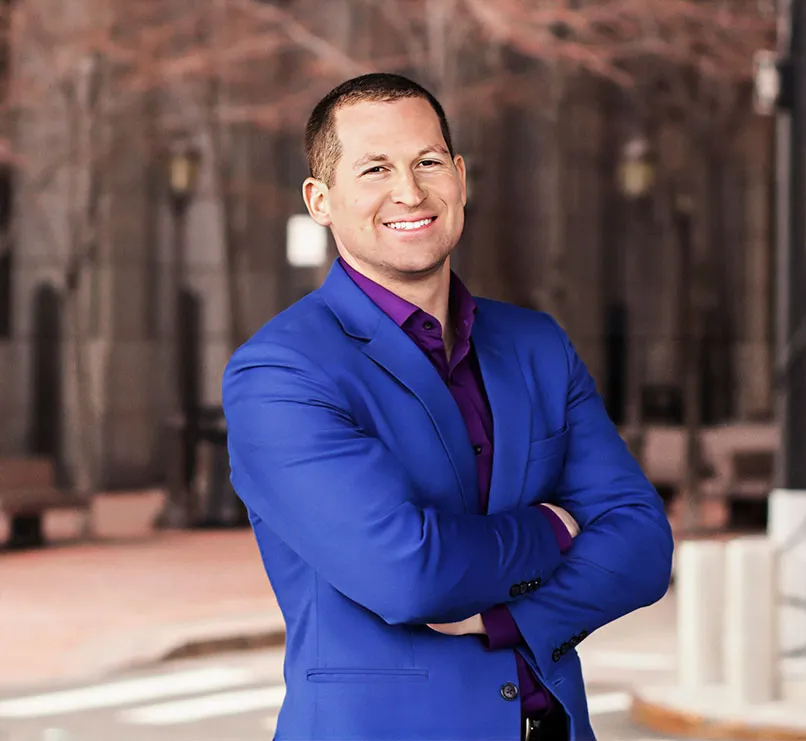Who pays closing costs in NYC? Both buyers and sellers. They have their own set of closing costs that they either pay out of pocket or are rolled into the amount of the transaction.
Buyer Closing Costs in NYC
The most significant buyer costs are:
- Buyer’s agents commission can be around 2.5% to 3% of the purchase price, if the seller is not picking up the tab.
- NYC mansion tax doesn’t apply to properties selling for less than $1 million. For apartments and houses going above that price, the mansion tax can range from 1% to 3.9% of the purchase price (for properties over $25 million).
- Buyers who are buying a property in NYC with a mortgage also need to pay a mortgage recording tax. This is 1.8% for mortgages under $0.5 million and 1.925% for mortgages above that value. However, this doesn’t apply to co-ops.
- Title insurance is another thing that co-op buyers are protected against. It can be around 0.4% to 0.6% of the purchase price for condos and brownstones.
- Other costs may include attorney fees, move-in fees, appraisal fees, bank fees (associated with mortgages), and co-op board package fees, and can be around or a little higher than 1% of the purchase price.
Buyer fees can vary significantly based on whether they are buying a co-op or a different property. A New York City broker is still the most significant cost a buyer will bear.
Seller Closing Costs in NYC
The most significant seller costs are:
- Commission to the seller/listing agents. Sellers used to pay buyer’s agents commissions as well, and many still do, but that’s no longer the default practice. It’s around 2.5% to 3%.
- Transfer tax that includes both city and state tax. The city tax is either 1% (properties below $500,000) or 1.425% (for properties above $500,000). The state tax is 0.4% (for properties below $3 million) or 0.65% for properties above it. So it’s 1.825% for most of the properties sold in the city but can be higher or lower.
- Co-op sellers also need to pay the flip tax, usually 1% to 2% of the selling price.
- Other costs, including move-out fees, attorney fees, and others, can be around 1% of the property price.
The seller closing costs total out to around 6% to 10% of the property price, with the high end being when the seller is paying buyer’s agent’s commission as well.













